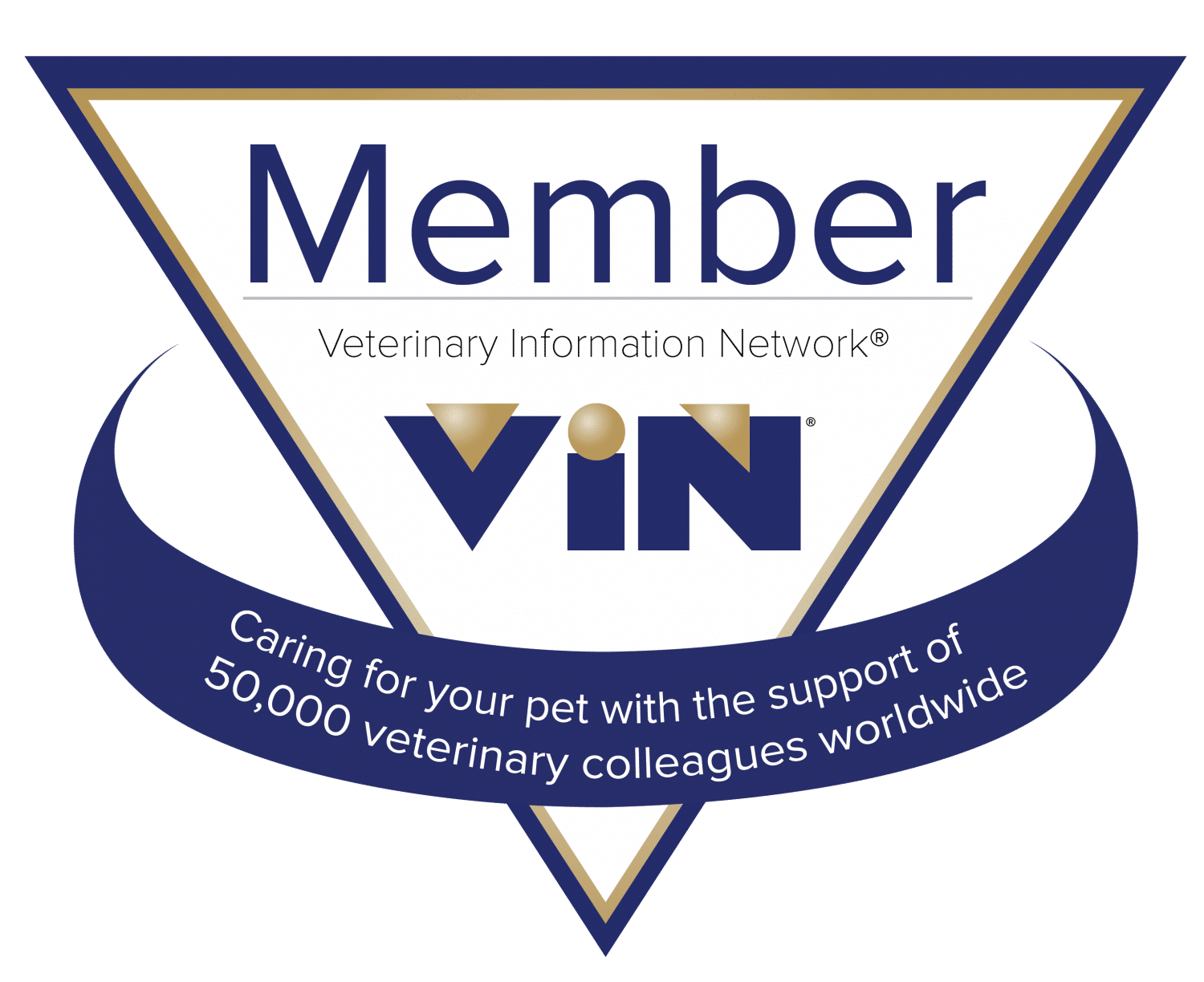A veterinarian in general practice is used to being expected to know a lot. I don't know about guys in the city, but people have asked me to identify snakes, mastodon fossils, and suspected human remains (cow bones, as it turned out). Late night calls (from people without Google): "Do polar bears eat penguins, or just only fish?" [Seals; and bears are north and penguins south].
In the ordinary course of the day I'm supposed to be the internist, nutritionist, surgeon, dentist, radiologist, pharmacist, behavior counselor, pediatrician, gerontologist, ophthalmologist, and do a little grooming on the side ("Could you trim his toe-nails, too?").
I'm supposed to be ready to rock, whether it's a horse, dog, cat, cow, pig, goat, chicken, parakeet, iguana, snake, or ferret. I've treated pneumonia in a 70-pound Burmese Python, and colic in a zebra. I've wound up doing a lot of things I didn't feel all that well-qualified to do, simply because there didn't seem to be an alternative. Luckily, even when I can't refer, I do have experts I can call on for advice and guidance.
And what about wildlife? I'll tell you what about wildlife: there are a lot of things that you can't get fixed over the telephone, and there are some things that just aren't very fixable — period.
 So here's the hummingbird that someone found and brought to us. Sits right on your hand. Drinks sugar water like a champ. One wing is non-functional. We called the exotic-bird guy we know and he referred us to someone he feels is a hummingbird expert. They both say it's a non-starter. Do you want to watch it die slowly? No, we don't. The best we could do was to set the bird and a litle towel and the sugar water in an anesthesia chamber until it got past the point of no-wake-up.
So here's the hummingbird that someone found and brought to us. Sits right on your hand. Drinks sugar water like a champ. One wing is non-functional. We called the exotic-bird guy we know and he referred us to someone he feels is a hummingbird expert. They both say it's a non-starter. Do you want to watch it die slowly? No, we don't. The best we could do was to set the bird and a litle towel and the sugar water in an anesthesia chamber until it got past the point of no-wake-up.
Just one of those days when your best isn't good enough. Nuts.


I used to volunteer at the RSPCA and when birds , especially baby birds that have fallen out of their nests (its spring here and they will be dropping like flies in this windy weather today) the Vets did exactly the same thing as you. Its difficult to keep them alive and we never told the people who brought them in this. Most would not understand how hard and time consuming it is .
With baby birds that have fallen out of the nest, it IS okay to return them to the nest, if this is possible.
When young birds are at the fledgling stage, they will be fully feathered, and actually jumping out of the nest, even though they cannot yet fly. The parents are nearby and will care for them. They should not be “rescued”.
A great book for those who want to hand rear is William J. Weber’s “Wild Orphan Babies, mammals and birds, caring for them + setting them free”. No help for damaged hummingbirds, but workable tools for a healthy orphan of many types. The book is out of print, but when my old one wore out, I found a new (used) one on-line.
In the late ’80’s my Dad found a fledgling hummingbird trying to jump onto the footpeg of a cycle from the hot blacktop drive @ his service station. He brought it home. My Mom hand fed it for several weeks til it learned to fly. We released it and it came back several summers& would hover at the living room window. When it was learning to fly, it liked to hover in front of the TV. Seriously.